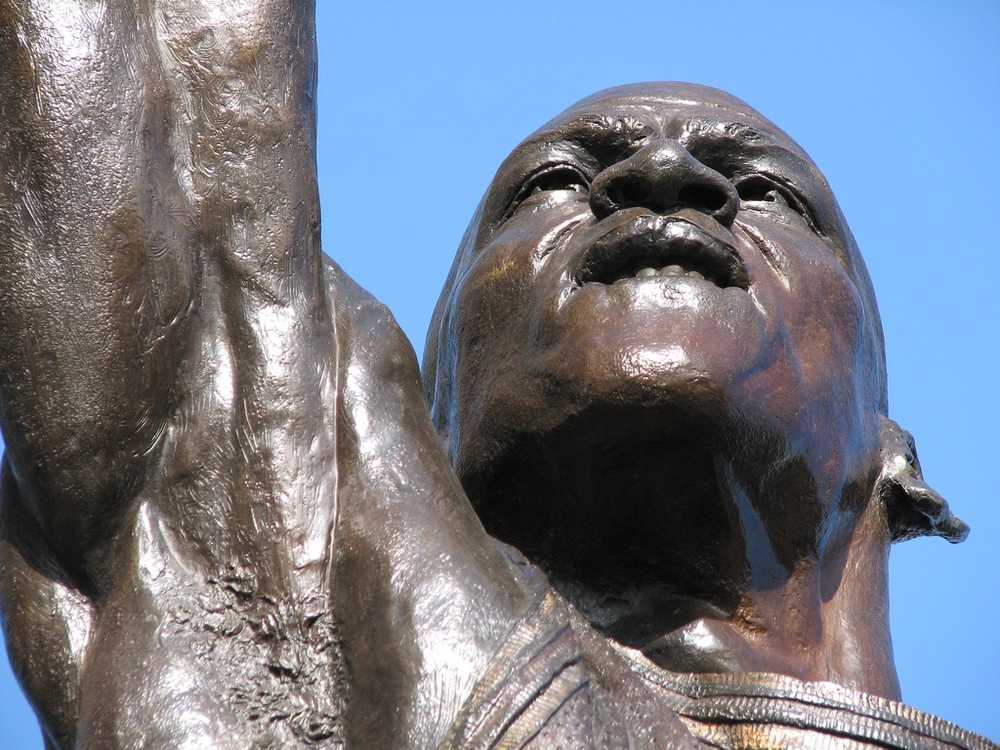
Joel Harper
0
5121
364
Have you put your everything into a dream just to face setbacks? Here are seven key elements that great leaders of today utilize hit with setbacks.
1.Great leaders just let it go.
Ford's CEO, Allen Mulally, expected to be chosen for the job of CEO at Microsoft, as Microsoft's stocks fell so did the hopes of him being selected. This wasn't the first time for Mulally, as the former president of Boeing his wildly successful track record made him the most likely candidate for CEO. After all, he was the one who had pulled the company through the financial crisis following the 9/11 attacks in which the Boeing 757 and 767 had been high-jacked. When Boeing passed him up for the job what was it that kept him together in the face of harsh rejection?
Mulally decided stubbornly that he would not let others define his success. He recovered quickly from the initial disappointment and when asked about how he handled the professional setback he remarked: Advertising
“A bad attitude simply erases everyone else's memory of the incredible progress achieved.”
2.Great leaders see value in honesty and integrity.
Joel Peterson, chairman of JetBlue Airways tells the story of how he had gone into a deal with a major investor and overlooked a clause that would have left his company in a fix had it gone through. The investor caught the mistake in time and pointed it out to Joel although it was in his favor not to. Because of this act of integrity the setback proved to strengthen the trust in their relationship and resulted in many successful future financial dealings.
Joel says, “Our level of mutual trust became so great that he'd wire money before the papers were complete. Later, I had a chance to sort through some troubled assets for him to ensure that he recovered his investment capital. I didn't need to, but I never forgot how he'd saved me as a young entrepreneur. Building genuine trust is a long-run investment.Anyone wanting to build a high-trust organization must start by looking in the mirror. Personal character is foundational for interpersonal trust. And organizations in which leaders have integrity stand a much better chance of building trust from the top down, and bottom up.” Advertising
3.Great leaders use their failures to build up those around them
How did experts in motivation, sales and self improvement like Tony Robbins, Napoleon Hill, and Seth Godin build their current financial empires and more importantly affect the lives of millions with the gift of vision? They learned to handle setbacks, failures, and trial and error and chart a path for others to achieve success. By lifting up others and passing on the code that they had worked painstakingly to crack they grew an audience of changed lives who in turn have promoted them. Want to turn setbacks into success? Bring along others for the ride and your success will snowball.
Read Next

10 Small Changes To Make Your House Feel Like A Home

What Makes People Happy? 20 Secrets of “Always Happy” People

How to Sharpen Your Transferable Skills For a Swift Career Switch
Scroll down to continue reading article4.Great leaders turn wounds into wisdom
Within 14 months, Coach Tony Dungy of the Indianapolis Colts lived through the extremes of tragedy and triumph. In 2005, he lost his teenage son to suicide and only a year later was America's most celebrated man and the first African-American coach to win the Super Bowl. His stability and pose through the extreme highs and lows of his family and career was an impressive testimony to his faith, values, and philosophy:
“It's the journey that matters. Learning is more important than the test.” His ability to find gold in disaster and peace in life's storms is a part of what makes him one of the greatest coaches in the history of professional sports. Advertising
5. Great leaders take the stairs
The tough stuff is what separates the truly great from the average. Great leaders are average people who have stuck it out longer than average. Colonel Sanders, the founder of KFC, decided to make his dream happen at 65 years old.
He received a social security check for $105 which infuriated him. So he decided he needed to make some money and knocked on the doors of thousands of restaurants with one chicken recipe. Wearing his white suit and sleeping in his car he knew that he had to make it work because it was all he had. After one thousand and nine people said no he finally got the one yes he was looking for.
As a young man Michael Jordan was cut from the high school basketball team. Talking about perseverance he said: Advertising
“I have missed more than 9,000 shots in my career. I have lost almost 300 games. On 26 occasions I have been entrusted to take the game winning shot, and I missed. I have failed over and over and over again in my life. And that is why I succeed.”
6. Great leaders don't complain
Micheal Hyatt, author and Social Media Expert wrote, “If you can't keep from complaining, then have the integrity to quit.”
If you feel you can do better and deserve more then prove it. True leaders will take criticism and set backs as a challenge to prove they're better than what others see them to be. Complaining proves that you've succumb to a label someone else has created for you.
7.Great leaders face the brutal truth that there will always be someone petty out to tear down what they could never achieve themselves.
Mother Teresa said, “If you are successful, you will win some unfaithful friends and some genuine enemies. Succeed anyway. What you spend years creating, others could destroy overnight. Create anyway. Give the best you have, and it will never be enough. Give your best anyway.”
Featured photo credit: http://www.flickr.com/photos/francisb123/973841589/ via flickr.com











